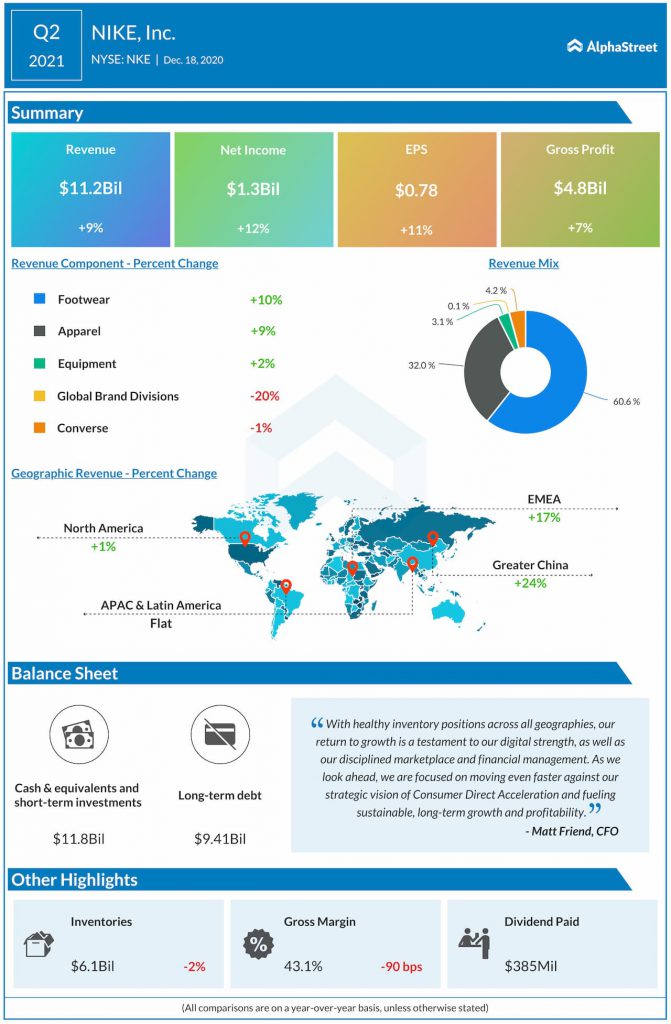You Can Still Negotiate A 'Best And Final' Job Offer

Table of Contents
Understanding the "Best and Final Offer" Tactic
The "best and final offer" tactic is often employed by employers to bring salary negotiations to a swift close. From the employer's perspective, it saves time and resources, and they may believe they've already offered a competitive package. However, this doesn't mean they're completely inflexible. Sometimes, there's still room to maneuver. Employers may be willing to budge for several reasons:
- Competitive markets: In highly competitive industries or when vying for top talent, employers might be more willing to negotiate, even after issuing a "best and final" offer.
- Initial offer as a starting point: Sometimes, the initial offer, even if labeled "best and final," is simply a starting point for further discussion. The employer might be testing the waters to see how much the candidate is willing to push for.
- A well-prepared candidate can change their mind: A candidate who demonstrates their value and articulates their needs confidently can influence the employer's decision.
Strategies for Negotiating a 'Best and Final' Offer
Negotiating a "best and final" job offer requires finesse and strategic planning. Here are some key strategies:
Expressing Gratitude and Summarizing Your Value
Before launching into a counter-offer, express your gratitude for the offer. This shows professionalism and respect. However, immediately follow up by reiterating your value and the contributions you'll bring to the company:
- Highlight specific achievements and skills: Focus on your accomplishments that directly relate to the job requirements.
- Quantify your accomplishments: Use numbers to showcase your impact. For example, instead of saying "increased sales," say "increased sales by 15% within six months."
- Reiterate your enthusiasm: Re-emphasize your strong interest in the role and the company. This reinforces your value as a desirable candidate.
Identifying Areas for Negotiation Beyond Salary
If a salary adjustment proves difficult, explore alternative benefits and perks. This demonstrates your flexibility and willingness to find a mutually beneficial solution. Consider negotiating:
- A signing bonus: This can be a powerful incentive to close the deal.
- Additional vacation time: More PTO can be a significant benefit.
- A professional development budget: This shows a commitment to your growth and can be invaluable.
- Flexible working arrangements: Options like remote work or flexible hours can be attractive.
- Stock options or equity: Depending on the company and your role, this can be a valuable long-term incentive.
Presenting a Well-Reasoned Counter-Offer
When presenting a counter-offer, avoid emotional pleas. Instead, present your case with data and market research:
- Show salary comparison: Provide evidence of comparable salaries for similar roles in similar companies.
- Clear and concise rationale: Explain your reasoning clearly, concisely, and professionally.
- Focus on facts and logic: Back up your requests with solid reasoning and avoid emotional appeals.
Setting Your Boundaries and Walking Away
Knowing your worth and being prepared to walk away is crucial for successful job offer negotiation.
- Minimum acceptable compensation: Determine your minimum acceptable salary and benefits package beforehand.
- Polite decline: If the negotiation doesn't reach a satisfactory conclusion, decline the offer politely and professionally.
- Professional rationale: Explain your decision with professionalism and grace, leaving the door open for future opportunities.
Conclusion
Receiving a "best and final offer" doesn't signal the end of negotiation. By understanding employer tactics, effectively presenting your value, and exploring alternative compensation, you can significantly increase your chances of securing a more favorable deal. Remember to be confident, respectful, and prepared to walk away if necessary. Your skills and experience are valuable assets, and you deserve to be compensated fairly.
Call to Action: Don't let a "best and final offer" intimidate you. Learn to confidently negotiate your job offer and secure the compensation you deserve! Start practicing your negotiation skills today and master the art of getting the best possible deal! Learn more about successfully negotiating your job offer with our resources (link to other articles/resources).

Featured Posts
-
 Kyle Walker Peters Transfer Leeds United Make Contact
May 24, 2025
Kyle Walker Peters Transfer Leeds United Make Contact
May 24, 2025 -
 2 Fall On Amsterdam Stock Exchange Following Trumps Tariff Announcement
May 24, 2025
2 Fall On Amsterdam Stock Exchange Following Trumps Tariff Announcement
May 24, 2025 -
 Rio Tintos Response To Criticism The State Of The Pilbara
May 24, 2025
Rio Tintos Response To Criticism The State Of The Pilbara
May 24, 2025 -
 Apple Stock Q2 Earnings Preview Key Levels And Potential Movement
May 24, 2025
Apple Stock Q2 Earnings Preview Key Levels And Potential Movement
May 24, 2025 -
 New Music Joy Crookes Drops Emotional Track I Know You D Kill
May 24, 2025
New Music Joy Crookes Drops Emotional Track I Know You D Kill
May 24, 2025
Latest Posts
-
 Usa Film Festival Free Movie Screenings And Celebrity Guests In Dallas
May 24, 2025
Usa Film Festival Free Movie Screenings And Celebrity Guests In Dallas
May 24, 2025 -
 Wrestle Mania 41 Golden Belts On Sale Memorial Day Weekend Ticket Grab
May 24, 2025
Wrestle Mania 41 Golden Belts On Sale Memorial Day Weekend Ticket Grab
May 24, 2025 -
 Joe Jonas Surprise Fort Worth Stockyards Concert Fans React
May 24, 2025
Joe Jonas Surprise Fort Worth Stockyards Concert Fans React
May 24, 2025 -
 First Look Sylvester Stallone Suits Up For Tulsa King Season 3
May 24, 2025
First Look Sylvester Stallone Suits Up For Tulsa King Season 3
May 24, 2025 -
 Tulsa King Season 3 Set Photo Features Sylvester Stallone In A Suit
May 24, 2025
Tulsa King Season 3 Set Photo Features Sylvester Stallone In A Suit
May 24, 2025
